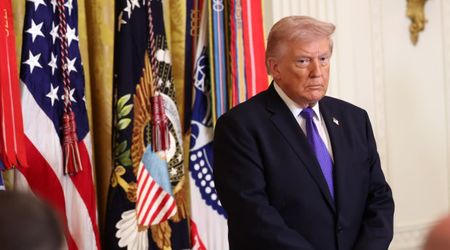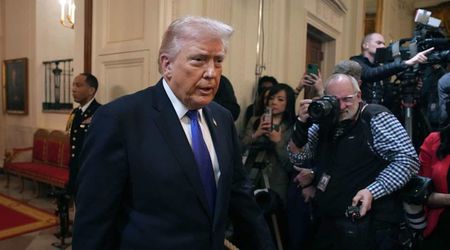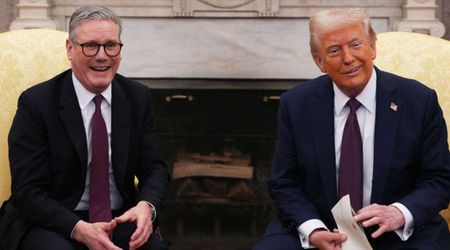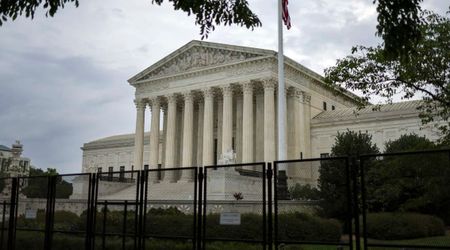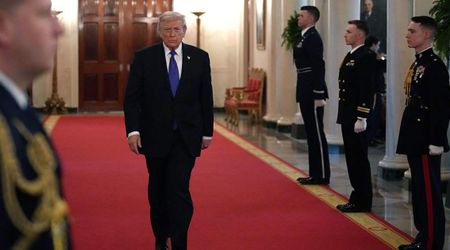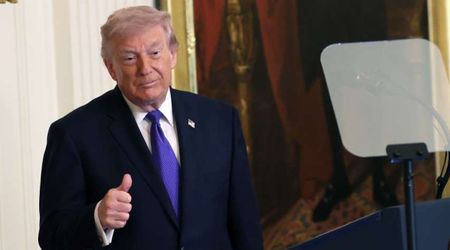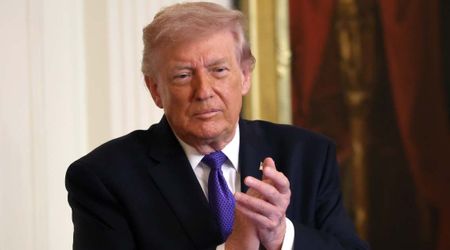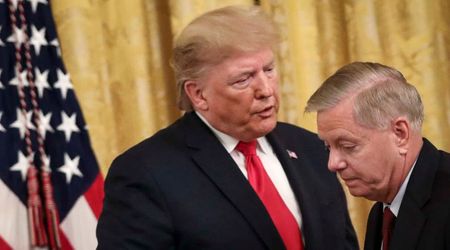Trump issues stark warning to Iran, says they'll be hit again if they don't 'make peace immediately'

WASHINGTON, DC: President Donald Trump has warned Iran in no uncertain terms to fall in line or face the consequences.
“Tonight was an amazing success,” Trump said during a short-but-stinging phone call with Reuters after the US launched airstrikes on Iranian nuclear sites. “[Iran] should make peace immediately. They should stop immediately, or they'll get hit again."
He doubled down on his threat during an Oval Office address from the White House after US forces hit Iran’s Fordow, Natanz, and Esfahan nuclear facilities with what Trump called “precision” strikes.
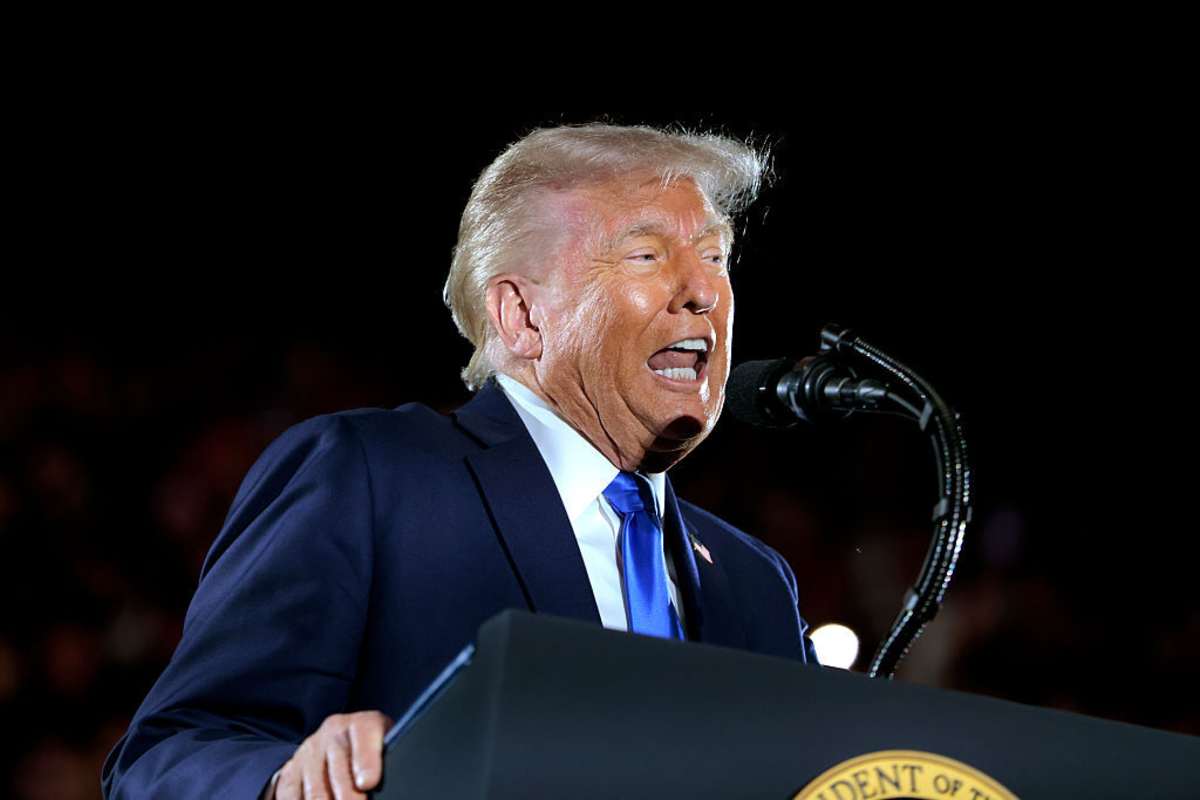
Donald Trump issues chilling warning to Iran after strikes
“Remember, there are many targets left. Tonight was the most difficult of them all by far and perhaps the most lethal,” Trump said. “But if peace does not come quickly, we will go after those other targets with precision, speed, and skill.”
“Most of them can be taken out in a matter of minutes. There's no military in the world that could've done what we did tonight, not even close. There has never been a military that can do what took place just a little while ago," he continued.
Trump also said that Secretary of Defence Pete Hegseth and Air Force General Dan Caine, the Chairman of the Joint Chiefs of Staff, would take questions at a press conference on Sunday at the Pentagon.
“I want to thank the Israeli military for the wonderful job they've done,” he added. “Most importantly, I want to congratulate great American patriots who flew those magnificent machines tonight, and all of the United States' military on an operation the likes of which the world has not seen in many, many decades. Hopefully, we will no longer need their services in this capacity. I hope that so.”
Iran fires back at Donald Trump, says 'it is now our turn'
While Donald Trump was basking in the afterglow of his military strikes, Iran wasn’t sitting back quietly.
Iran’s Supreme Leader Ayatollah Ali Khamenei fired back with a threat of his own, promising retaliation “without delay.”
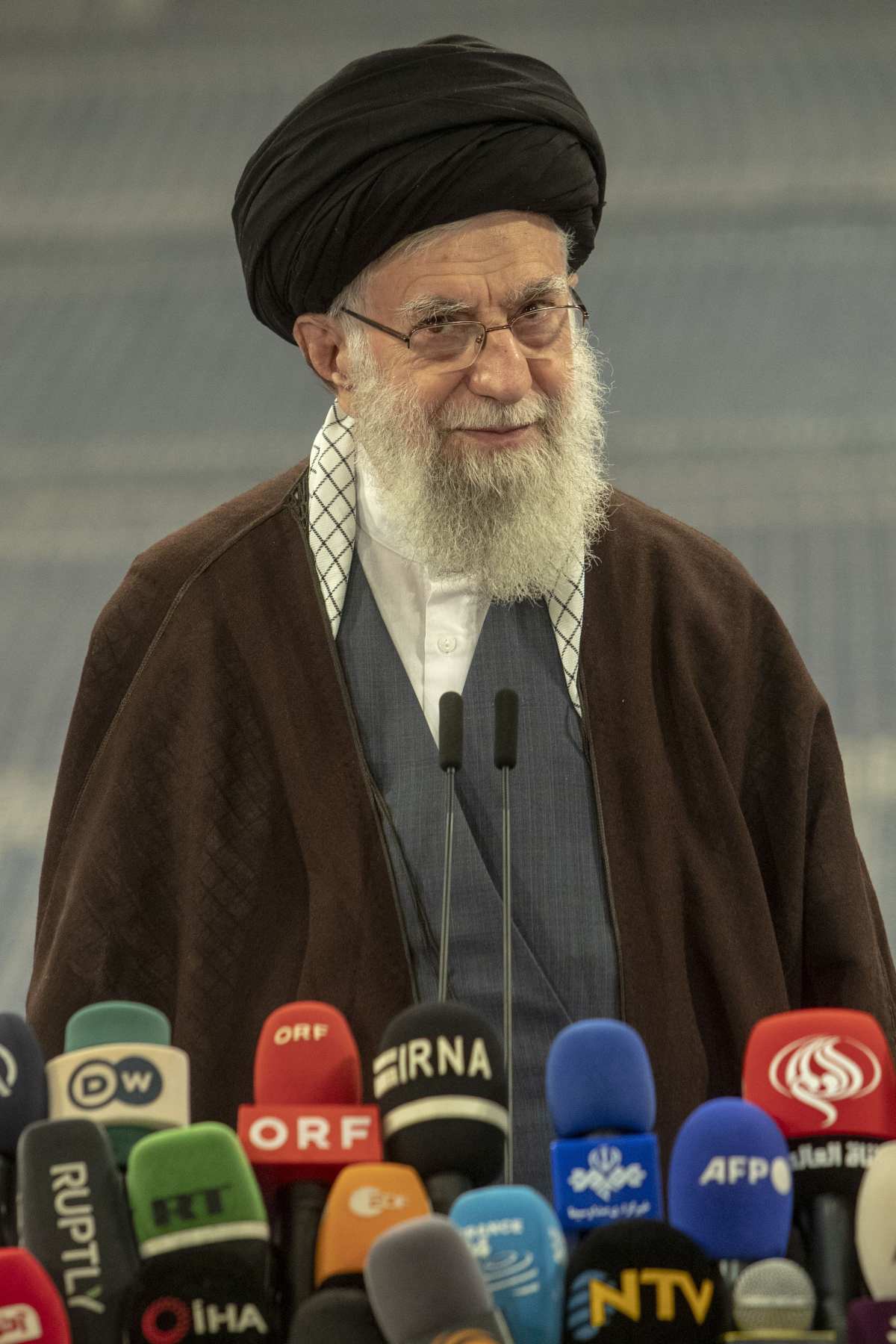
His representative, Hossein Shariatmadari, told Iranian media exactly what the first strike would look like. “It is now our turn to act without delay,” Shariatmadari declared. “As a first step, we must launch a missile strike on the US naval fleet in Bahrain and simultaneously close the Strait of Hormuz to American, British, German, and French ships.”
The Strait of Hormuz is notably one of the most strategically vital waterways in the world. But while Iran has made similar threats before, it has never actually followed through.
The Strait sits between Oman and Iran and acts as a gateway from the Gulf to the Arabian Sea. About 20% of the world’s oil passes through it. OPEC heavyweights like Saudi Arabia, UAE, Iran, Kuwait, and Iraq rely on it to get their crude to markets, mostly in Asia.
With the US Fifth Fleet stationed in Bahrain specifically to protect shipping in that area, things could get messy.
Experts say Iran’s threats will be catastrophic for the country
While Iran is vowing payback, some US officials and ex-analysts aren’t exactly shaking in their boots. Former Pentagon official Michael Rubin made it clear that if Tehran follows through on closing the Strait, it would be nothing short of catastrophic for Iran.
“Forty per cent of the fuel that goes through the Strait of Hormuz ends up in Asia, most of that in China, but also to some degree in India, and so there might be a short disruption,” Rubin told ANI.
“However, there is an ability to have an alternate supply. The United States is a major supplier right now. Also, remember that Iran needs to import gasoline. So the Iranians might rhetorically talk about closing the Strait of Hormuz, but militarily, they cannot do that for more than a day,” he added.
Jonathan Schanzer, a former US Treasury Department official, also weighed in. “Any attempt to close the Strait of Hormuz right now will be met with probably unbelievable force from the United States,” he warned. “Now that this has started, it's not that difficult to imagine the French or the Brits coming in to clear the lanes," he continued.
“I see the Iranians as being absolutely suicidal if they go down this route, and I do get a sense that we could be at a pivotal moment,” Schanzer added. “It doesn't mean that Iran won't try to attack, but I think asymmetrically is much more likely than through conventional means.”

